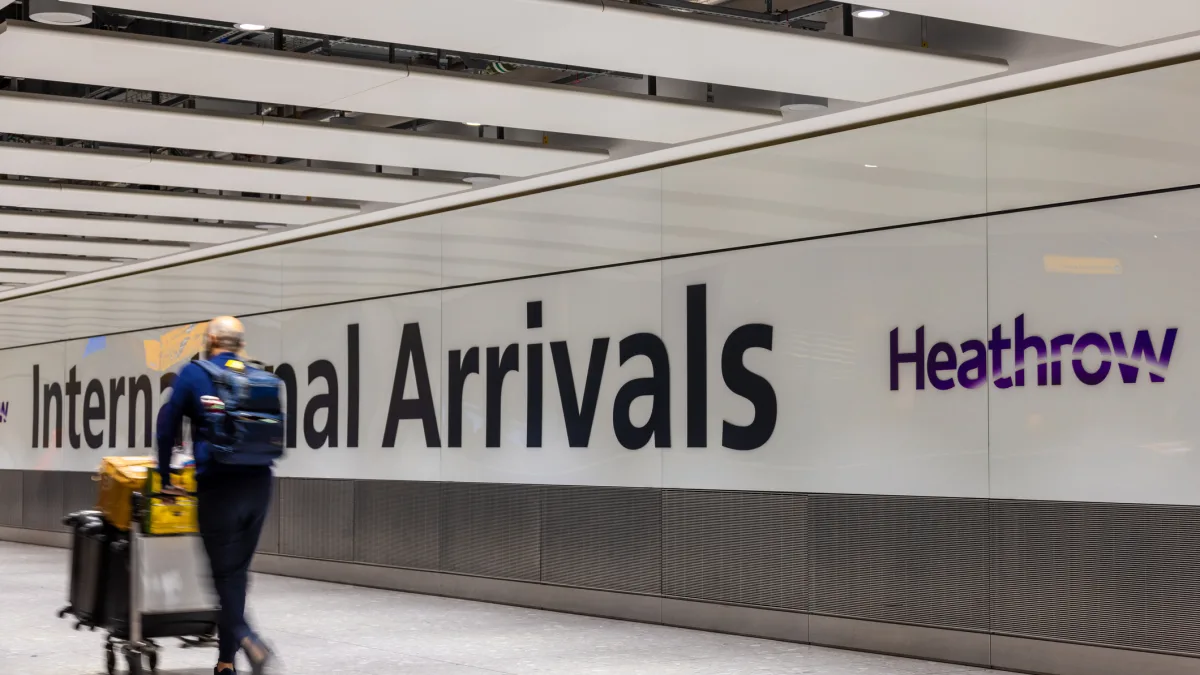Over the past decade, Lithuania has worked to shape itself into an attractive locale for fintech companies. In many areas, it has succeeded, ranking first in the EU in terms of the number of licensed fintech companies and being listed among the 10 lowest-risk jurisdictions worldwide.
But as a relatively small country, Lithuania faces some distinct challenges in its quest to become a universally recognised fintech hotspot by 2028, the goal outlined by its own Ministry of Finance.
This raises a crucial question: Can a small nation become a global fintech leader? And if so, how?
Small country, unique advantages
The rankings of the newly launched European Fintech Index suggest that smaller countries may in fact be uniquely positioned for fintech success, as the index shows nations like Estonia and Luxembourg ranking higher in key measures than their larger counterparts.
Estonia, for example, excels in the business and fintech sectors, ranking first and second respectively in Europe, due to its strong unicorn presence per capita and favourable regulatory frameworks.
Similarly, Luxembourg has established a reputation for its robust financial sector and holds the highest number of fintech deals per capita. These examples underscore how small nations can leverage agility, concentrated efforts, and supportive ecosystems to excel in the fintech arena.
“We’ve witnessed substantial progress in Lithuania,” says Marius Galdikas, CEO of ConnectPay, an all-in-one financial platform based in Vilnius. “A combination of innovation-focused policies and a supportive ecosystem has provided fintech companies with a suitable environment to operate efficiently and scale services across the EU.”
Looking ahead, several key factors are poised to play a major role in Lithuania’s aims for global recognition as a fintech hub.
Fast-track to a dynamic, collaborative market
One of Lithuania’s significant advantages lies in its streamlined processes for business registration and licensing, fostering fast-tracked entry for fintech firms. The country boasts swift licensing procedures that can be two-three times faster than those of other EU jurisdictions. This efficiency opens a path for fintech companies seeking faster market entry and operational expansion across the European Economic Area, possible through Lithuania’s passportable licenses.
For new market entrants, initiatives like the Newcomer Programme offer direct guidance from state authorities and the Bank of Lithuania during the setup phase, simplifying legislative and regulatory hurdles.
“The regulators at the Bank of Lithuania were welcoming and worked with us closely to ensure that we could meet the regulatory standards required to operate and complete the licensing process in a timely manner,” says Virgilijus Mirkės, country manager for Lithuania at Airwallex, a global payment and financial platform that opened an operational/service hub in Lithuania in 2023.
There are also several non-bank organisations, like Fintech Hub LT, Rockit, and Unicorns Lithuania, that facilitate ongoing collaboration, innovation, and growth among fintechs operating in the country.
Knowledge is Lithuania’s IT power
Lithuania presents its talent pool as one of the strongest assets. The country places a strong emphasis on STEM (Science, Technology, Engineering, and Mathematics) education, producing a skilled, multilingual workforce equipped for the fintech industry.
According to Mirkės, the availability of talent was a crucial element when choosing an operational hub. While around 2,000 IT students graduate from local universities each year, an even more significant addition comes from retraining and upskilling programmes, which produce around 2,500 new IT specialists annually.
Additionally, over 95 per cent of the working-age population speaks one or more foreign languages, which directly facilitates their integration into international companies.
In the latest, 2023 edition of the IT Competitiveness Index, compiled by Emerging Europe, Lithuania and Estonia took the first two places among the 23 countries ranked.
High quality of life without the high costs
Finally, Lithuania aims to offer an appealing quality of life, balancing professional ambitions with personal well-being. Ranked 11th for work-life balance among OECD countries, Lithuania is known for its rich culture, safe environment, and abundant green spaces.
Its capital city, Vilnius, was named European Green Capital for 2025.
“The quality of life here directly complements the business environment,” says Galdikas. “Professionals can enjoy a rewarding work-life balance, leading to better creative thinking and greater overall productivity.”
A recent study by fDi Intelligence also recognised Lithuanian cities as some of the most cost-effective mid-to-small-sized cities in the world, positioning Lithuania as an affordable, yet high-quality operational environment for businesses in the fintech sector.
The combination of these factors can paint Lithuania in a positive light, as it strives to achieve its ambitions of becoming a global fintech hub.
Whether it can fully realise this goal remains to be seen, but its current trajectory shows promising signs.







